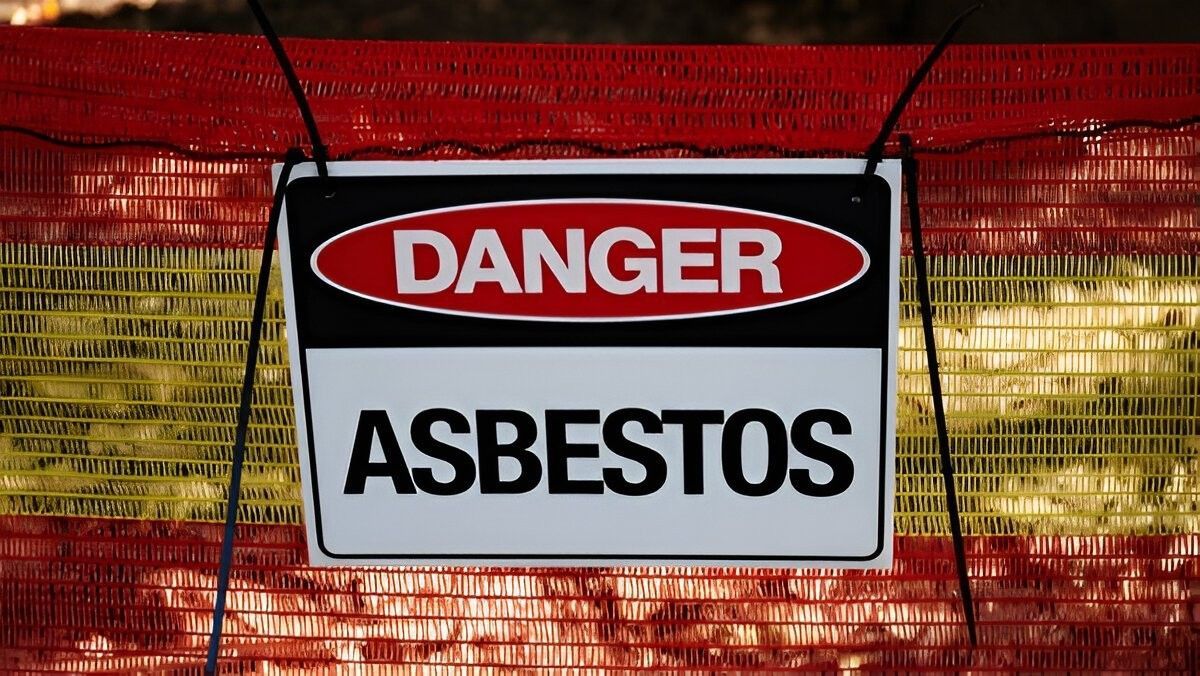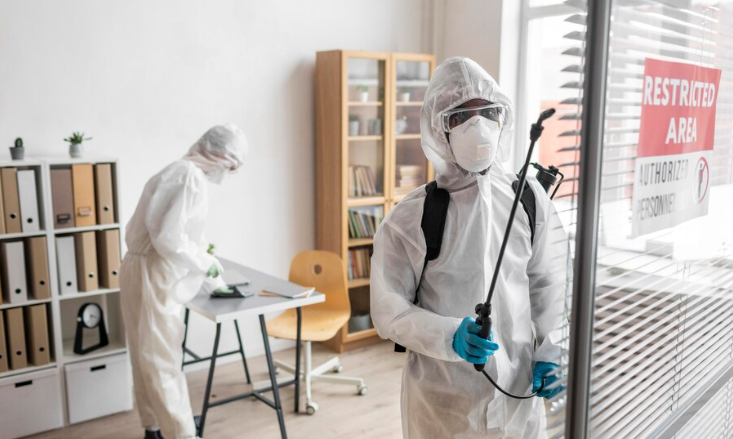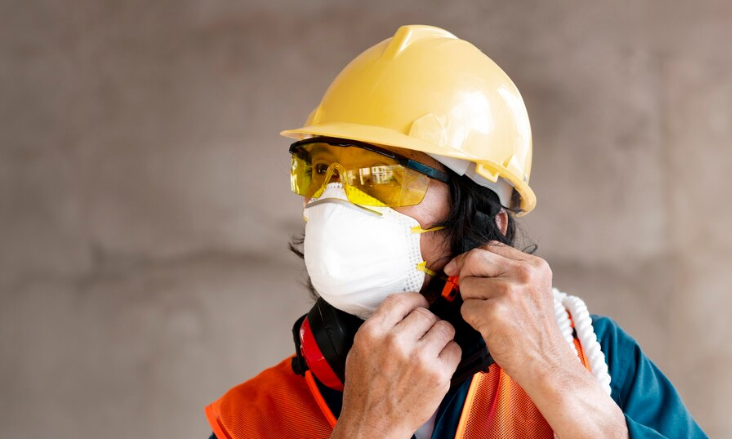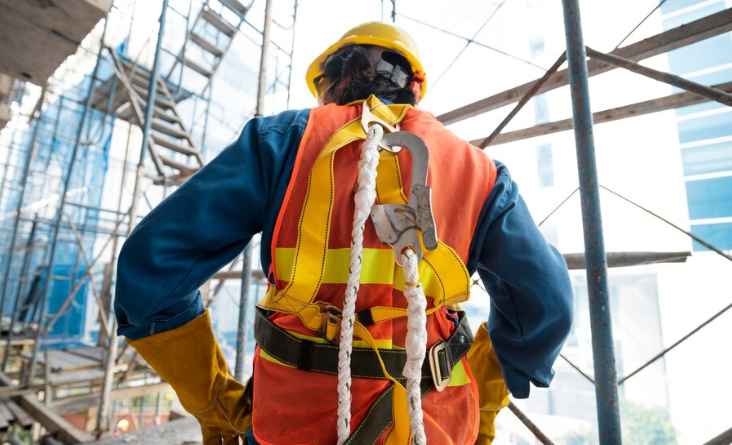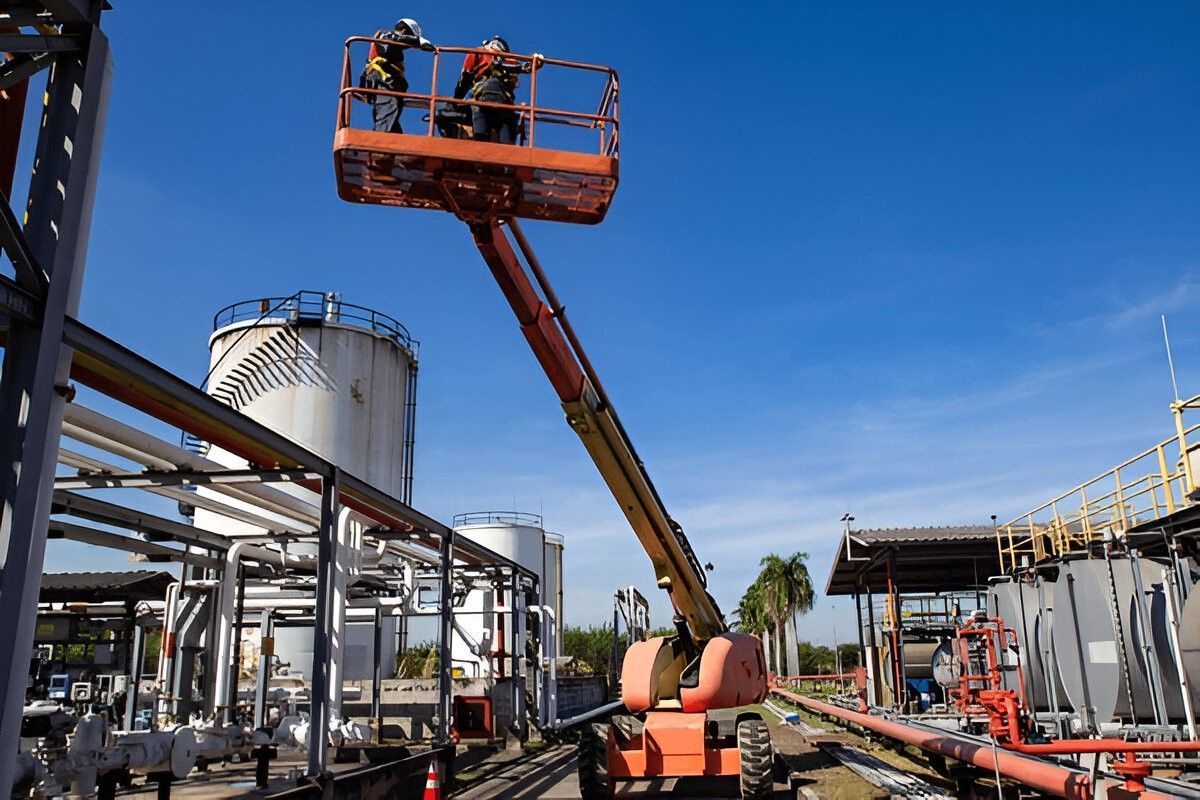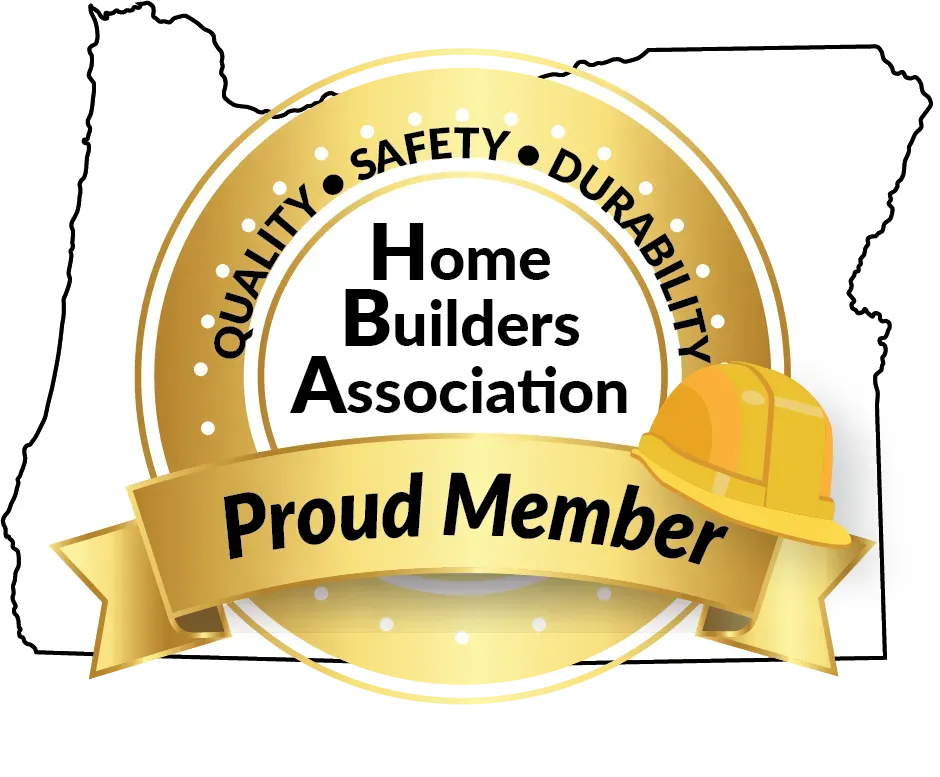Why Bloodborne Pathogen Training is Crucial for Healthcare Workers' Safety?
When it comes to working in healthcare environments, safety should always be the top priority. Healthcare workers are constantly exposed to various risks, one of the most serious being bloodborne pathogens. But who needs bloodborne pathogen training? The answer is clear: anyone who works in a setting where exposure to blood or bodily fluids is possible, such as doctors, nurses, lab technicians, and even cleaning staff. This makes bloodborne pathogen training essential for anyone who might be exposed to blood or bodily fluids, such as doctors, nurses, lab technicians, and cleaning staff.
Understanding Bloodborne Pathogens
Bloodborne pathogens are viruses or bacteria that can be transmitted through contact with infected blood or bodily fluids. Healthcare workers are at higher risk due to their frequent exposure during medical procedures, handling sharps, and caring for infected patients. Bloodborne pathogen training equips workers with the knowledge needed to prevent and manage these risks effectively, protecting both themselves and their patients.
Why Bloodborne Pathogen Training is Necessary
Healthcare workers are constantly at risk of exposure to bloodborne pathogens. Proper training is critical to help workers understand how these pathogens spread and how to protect themselves. Training includes guidance on using personal protective equipment (PPE), safely handling sharps, and following proper procedures for cleaning and disposing of contaminated materials. This knowledge helps minimize the risk of exposure and ensures the safety of workers, patients, and colleagues.
Key Elements of Bloodborne Pathogen Training
Effective bloodborne pathogen training includes several key components:
1.Types of Bloodborne Pathogens: Workers learn about the viruses and bacteria they might encounter, including how these pathogens spread and their symptoms.
2. Personal Protective Equipment (PPE): Training teaches the proper use of PPE, such as gloves, masks, gowns, and face shields, to minimize exposure to infectious materials.
3. Handling and Disposing of Sharps: Workers are trained to safely handle needles, scalpels, and other sharp objects, reducing the risk of accidental injury and infection.
4. Post-Exposure Protocols: Training includes the correct steps to take in case of exposure, such as reporting the incident and seeking medical attention promptly.
Impact on Healthcare Worker Safety
Without proper training, healthcare workers are vulnerable to exposure to bloodborne pathogens, which could lead to serious infections or even death. By investing in comprehensive training, healthcare facilities can significantly reduce the risk of injury and infection, ensuring a safer workplace for staff.
Improving Patient Safety
Bloodborne pathogen training also benefits patients. When healthcare workers are properly trained in safety protocols, they are less likely to transfer infections to patients, creating a safer environment for everyone. This ultimately improves outcomes for both healthcare workers and their patients.
How long is Bloodborne Pathogen Training?
If you're wondering how long is bloodborne pathogen training, the duration varies depending on the type of course and the provider. Typically, an introductory course can last between 1 to 2 hours. However, some institutions may offer more in-depth training, which could extend over several sessions or days. It’s important for employers to ensure that their staff undergo refresher training regularly to stay up to date on best practices.
Final Words:
For healthcare facilities looking to protect their workers and ensure a safe environment, bloodborne pathogen training is an essential investment. At KARM Safety Solutions, we offer comprehensive training programs designed to equip healthcare workers with the knowledge and skills needed to stay safe. Whether you're looking for initial training or periodic refresher courses, we provide expert-led, tailored solutions to meet your organization's needs. Contact KARM Safety Solutions today to ensure your team's safety and compliance.
